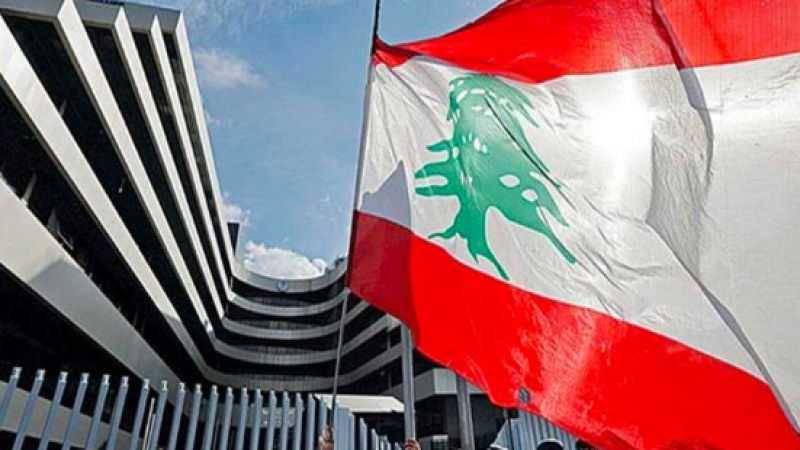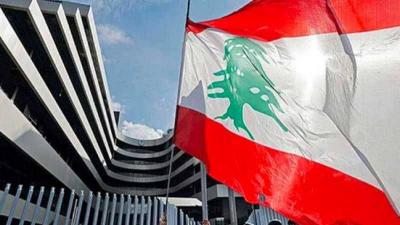The International Monetary Fund has confirmed that economic reforms in Lebanon are insufficient to help pull the country out of its economic crisis. Ernesto Ramirez Rigo, head of the IMF mission visiting Lebanon, stated that "the ongoing refugee crisis in Lebanon, the conflict with Israel along its southern borders, and the spillover effects of the war in Gaza are exacerbating the already deteriorating economic situation." He noted that the conflict "has led to the displacement of a large number of people and caused damage to infrastructure, agriculture, and trade in southern Lebanon. In addition to the decline in tourism, the high risks associated with the conflict create significant uncertainty surrounding economic forecasts."
He highlighted that "the fiscal and monetary reforms implemented by the Lebanese Ministry of Finance and the central bank, which included steps such as unifying the multiple exchange rates for the Lebanese pound and containing the decline of the currency's value, have helped alleviate inflationary pressures," but he stated that more efforts are required if Lebanon wants to mitigate its financial crisis.
He added, "These policy measures fall short of what is needed for recovery from the crisis. Bank deposits remain frozen, and the banking sector is unable to provide credit to the economy, as the government and parliament cannot find a solution to the banking crisis." He continued, "Addressing bank losses while protecting depositors as much as possible and limiting reliance on scarce public resources in a financially viable and reliable manner is essential to lay the foundation for economic recovery."




